
CORPONOMY
corporeality + economics
with Eisa Jocson
What ‘Ideals and Role Models’ are accessible for you to learn and program into your body? Where can you go with this body? Where can you not go?
The workshop will expand on Eisa Jocson’s choreographic practice based on the term Corponomy: corporeality + economics, bodies shaped by economic conditions. She will go through the physical principles of Macho Dancer, training to perform the illusion of mass, volume, tonicity in the body as well as viscosity in time and space. This will be in contrast with the study of the physicality, voice and performance of happiness of Snow White, the archetypal Disney Princess.Embodiment is further pushed to the non-human by using princess vocality to go into stereotypy; a persistent repetitive behavior of animals confined in small spaces Manila Zoo. The workshop is a practice of reflection through a process of embodied dissonance; between the stored movement languages in one’s own body and its encounter with the movement languages in this workshop.

Simone Sandroni
Simone Sandroni has been dedicated to the performing arts over three decades: He worked as a choreographer, director, scriptwriter, producer and has been involved in planning and directing theater and festival programs. In 1987 he co-founded the company Ultima Vez, Belgium. In 1997 Sandroni started as a dancer, director and choreographer and founded the company Déjà Donné, presenting performances in over 30 countries worldwide. Over the years he has continued to push his script writing skills for small to medium sized plays. Created and directed choreography and opera for major houses such as the Bavarian State Ballet, Lucerne Stages, Prague National Theatre, Frankfurt Opera and Bolzano City Theatre, among others. From 2015 to 2022 he held the position of director / chief choreographer of the dance department at the Stadttheater Bielefeld. Initiating unique projects like 4×4, a cooperation of theaters in Germany. Receiving funding from the Fonds Doppelpass/Kulturstiftung des Bundes, Tanzfonds Erbe/Kulturstiftung des Bundes and the NRW KULTURsekretariat for the three-year digital project D3. Simone Sandroni developed collaborative projects with the departments such as music, opera and theater, and worked with the KunstHalle in Bielefeld and the Akademie der Künste in Berlin. In 2023, he staged the multimedia event Ready! at the Palazzo del Cinema in Venice and served as a consultant and speaker for Timisoara 23, the European Capital of Culture.
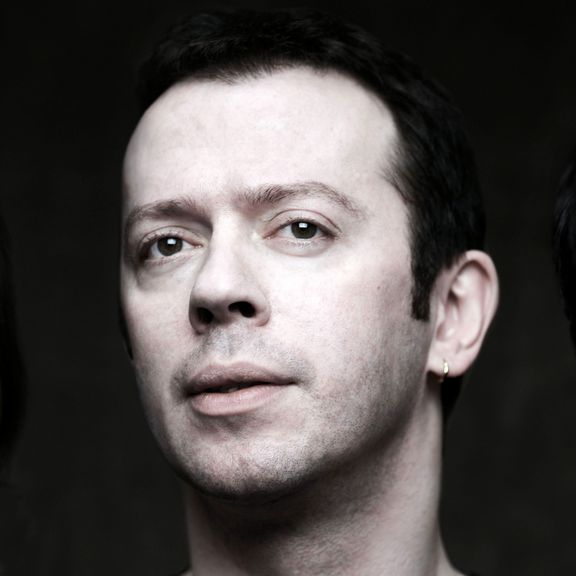
Alexei Ratmansky
Alexei Ratmansky (1968 St. Petersburg) received his ballet training at the Bolshoi Ballet Academy in Moscow and danced as a first soloist with the Ukrainian National Ballet, the Royal Winnipeg Ballet and the Royal Danish Ballet. He began his career as a choreographer while still an active dancer and has since worked for the most important ballet companies in the world, including the Mariinsky Theatre Ballet, Paris Opera Ballet, Royal Ballet in London, Royal Danish Ballet, Royal Swedish Ballet, Dutch National Ballet, New York City Ballet, American Ballet Theatre, the San Francisco Ballet or the Balletto dell Teatro alla Scala. From 2004 to 2008, Ratmansky was Artistic Director of the Bolshoi Ballet in Moscow. From 2009, he was associated with the American Ballet Theatre in New York as Artist in Residence. His choreographic work has been honoured with many prestigous awards, including the Golden Mask for Dreams of Japan(1998), which he was subsequently awarded three more times (2004, 2007 and 2010), the Prix Benois de la Danse in 2005 for Anna Karenina and the Dmitry Shostakovich Prize in 2006. In 2011, he was awarded the Order of the Dannebrog by Queen Margrethe II of Denmark. After 13 years with the American Ballet Theatre, Alexei Ratmansky joined the New York City Ballet as artist in residence in 2023.
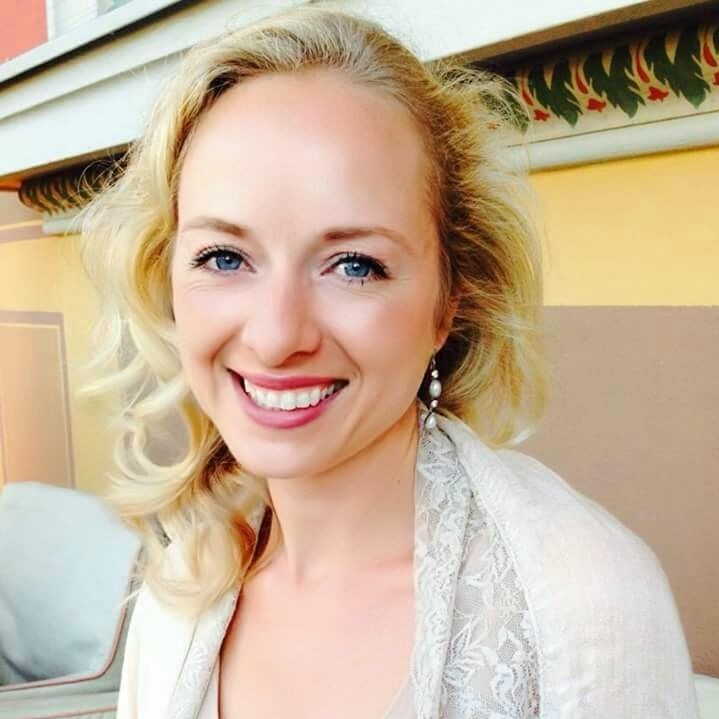
Anna Beke
Anna Beke (M.A. Theatre Studies / Dipl. Stage Dance) is a lecturer at the Ballet Academy of the HMTM; here she curated the symposium “Tanzausbildung im Wandel” and the Biennale Dance Eudcation 2024 Munich. She teaches at the Institute for Theatre Studies at LMU and is responsible for the publication “Erinnern und Bewahren. The Bauhaus in its time” (kopaed 2024) as editor. As a dance journalist, she writes for tanznetz.de, Münchner Merkur and Dance for You magazine. As a former long-time employee in the field of dramaturgy and education, she is now close to the Bayerisches Staatsballett as a character dancer.
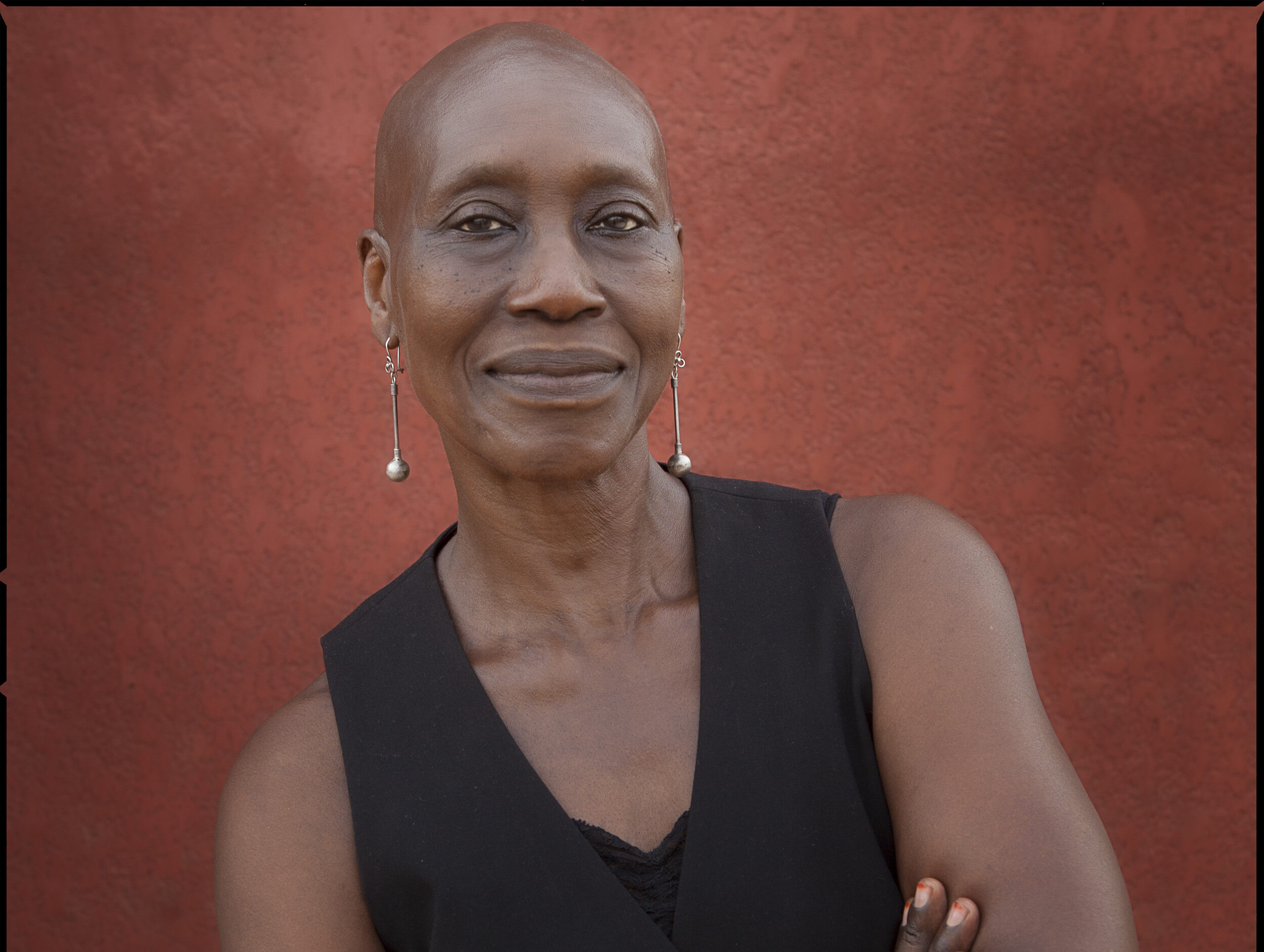
Germaine Acogny-Vogt
French Senegalese dancer and choreographer Germaine Acogny has developed a certified Modern African Dance technique. She is universally regarded as the mother of contemporary African dance.
In 1977 she was artistic director of Mudra Afrique (Maurice Béjart and LS Senghor) in Dakar. Since then, she has become an emissary of African dance and culture, dancing, choreographing and teaching all over the world.
Together with Helmut Vogt, she is the founder of Ecole des Sables, the International Center for Traditional and Contemporary African Dances. Awards : Chevalier de l’Ordre du Mérite, Officier and Commandeur de l’Ordre des Arts et Lettres, Chevalier and Officier de l’Ordre de la Légion d’Honneur (France), Chevalier de l’Ordre National du Lion, Officier and Commandeur des Arts et Lettres (Senegal); Prix d’Excellence de la CEDEAO, category Arts et Lettres (2019); Lion d’Or de la Biennale de Venise (2021); Grand Prix de la SACD France (Droits d’auteurs) (2022); Prix Joan Myers Brown »Keeper of the Flame« Legacy Award from the International Association of Blacks in Dance (2023), Grand Prix de l’Académie des Beaux-Arts en Chorégraphie (2023).

Eisa Jocson
Eisa Jocson is a contemporary choreographer and dancer from the Philippines, trained as a visual artist, with a background in ballet. With her work she exposes body politics in the service and entertainment industry as seen through the unique socioeconomic lens of the Philippines. She studies how the body moves and what conditions make it move – be it social mobility or movement out of Philippines through migrant work. In her creations capital is the driving force of movement pushing the indentured body into spatial geographies. Jocson has toured extensively in major contemporary festivals with her solo triptych: Death of the Pole Dancer (2011), Macho Dancer (2013) and Host (2015) and with the HAPPYLAND series, produced by Mousonturm: Princess (2017), Your Highness (2017), Manila Zoo (2021). The Filipino Superwoman Band (2019), a work on the affective labor of Overseas Filipino Musicians was commissioned by Sharjah Biennale. She is a recipient of the 2018 Cultural Centre of the Philippines 13 Artists Award, the winner of Hugo Boss Asia Art Award in 2019 and received the 2021 SeMa-HANA Award for the work TFSB2020: Superwoman, Empire Of Care at the Seoul MediaCity Biennale.

Craig Davidson
Australian born choreographer Craig Davidson trained at the New Zealand School of Dance. Throughout his career he performed with the Finnish National Ballet, Royal Ballet of Flanders, Tanz Luzerner Theater and the Semperoper Ballett. He was awarded a Critic’s Choice Award by Dance Europe for ‘Most Outstanding Performance by a Male Dancer’ for his performance in Impressing the Czar by William Forsythe with Royal Ballet of Flanders. Craig has performed soloist roles in numerous productions and has worked with highly acclaimed choreographers such as William Forsythe, Jiří Kylián, Mats Ek, Wayne McGregor, Jacopo Godani and Alexander Ekman.
Craig created his first ballet in 2006 at Royal Ballet of Flanders and since then has worked with Ballett Zürich, Ballett Dortmund, Slovakian National Ballet, Tulsa Ballet, Atlanta Ballet, Ballet Idaho, West Australian Ballet, and Queensland Ballet.
Additionally, Craig has attended Dancelines, the Choreographic Initiative at the Royal Opera House and the New York Choreographic Institute, an affiliate of New York City Ballet.
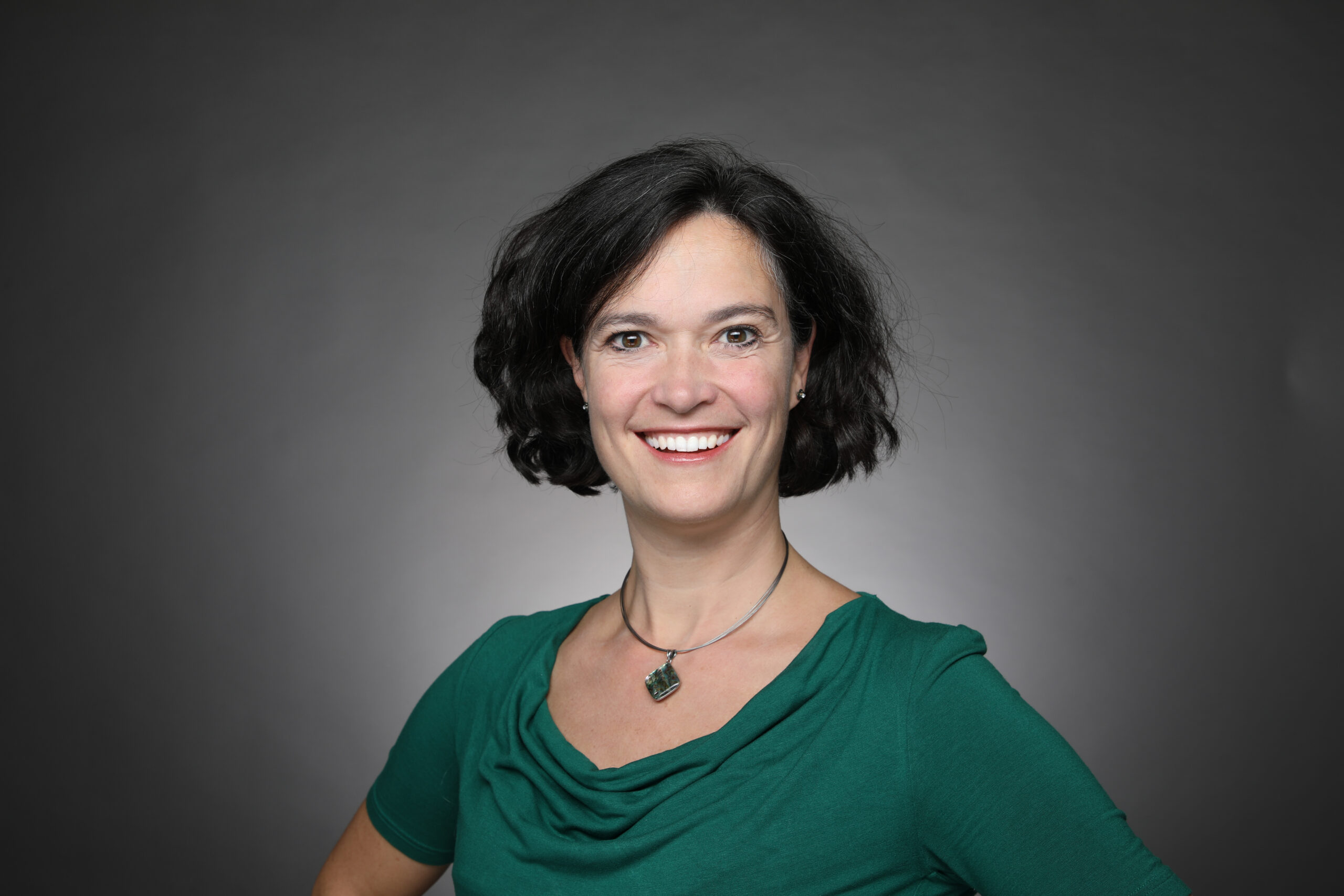
Christina Barandun
Barandun has a degree in theatre studies and coaching. She works throughout Germany as a consultant for sustainable organisational development in cultural enterprises with a focus on collaborative leadership culture, meaningful communication structures and constructive conflict resolution. Her motto: „So that our cultural organisations become inspired, nourishing places of mutual enrichment – on and behind the stage!”. She is the author of the books Erste Hilfe für die Künstlerseele. Stress management, communication and conflict resolution in the cultural sector and Dynamic Safe Spaces – the protected space.

Ami Shulman
Ami Shulman has worn many hats in the realms of the Performing Arts. As a movement artist, she is a performer; choreographer; rehearsal director; educator; Feldenkrais Practitioner and writer.
Ami has taught throughout Europe, Canada and the USA including for the Netherlands Dans Theater; the Goteborgs Operans Danskompani; the Venice Biennale; Cirque Du Soleil; Juilliard School; BANFF Centre for the Arts; National Theatre School of Canada; CODARTS; b12; Hollins University; Jacob’s Pillow amongst many others and she is an Artistic Associate of the Springboard Project Montreal/New York.
Ami choreographed for the National Theatre of London, UK; the Shakespeare Theatre Company, Washington DC and has co-created works with the Cirque Du Soleil; the National Ballet of Canada and Ballet British Columbia. Ami was an associate choreographer to Maxine Doyle of Punchdrunk; has staged the works of Johannes Wieland internationally and has been a Rehearsal Director at the GoteborgOperans Danskompani in Sweden.
Ami has an invested interest in the healing arts, she is a Certified Feldenkrais Practitioner and is trained in Ericksonian Hypnotherapy. She has presented her work at conferences internationally and has written articles on enactive cognition and the phenomenology of movement, having her work published in the Feldenkrais Journal and in Dance magazine. She co-authored for the anthology Back to the Dance Itself with Dr Hillel Braude.
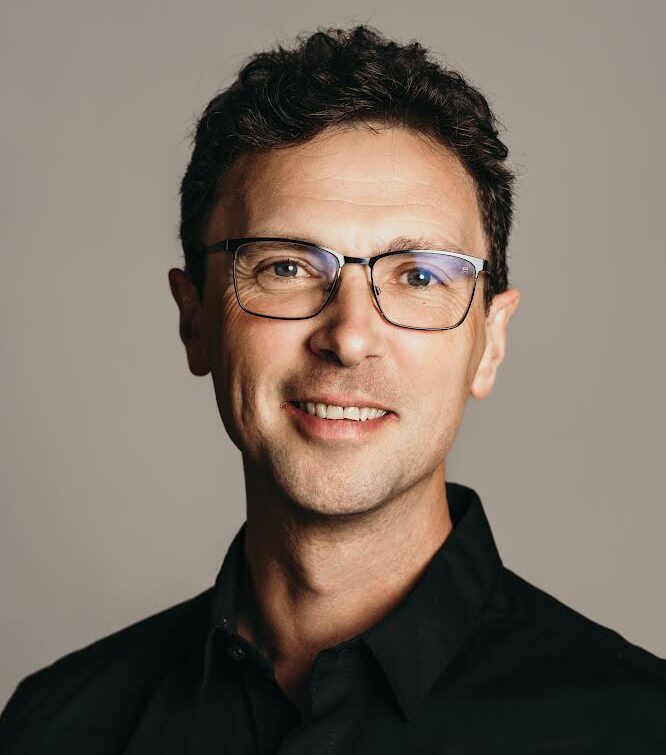
Olivier Vercoutère
Ballet Academy, HMTM / Bayerisches Junior Ballett München
Olivier Vercoutère graduated at the John Cranko School and was engaged as a member of the Stuttgart Ballet, the Ballet Company of the Deutsche Oper Berlin and as soloist of the Bavarian State Ballet. He completed a degree in dance pedagogy at the university of Music and Performing Arts Munich. Since September 2013, Olivier Vercoutère is Professor for Classical Dance at the HMTM in Munich and rehearsal director/ballet master of the Bavarian Junior Ballet Munich. Olivier is regularly invited as a guest teacher in academies and summer courses and as a jury member in various competitions.
Klassisches Training
In einer positiven und unterstützenden Arbeitsatmosphäre werden die angehenden Tänzer*innen ermutigt, ihre technischen und künstlerischen Fähigkeiten weiterzuentwickeln. Besonderes Augenmerk wird auf die korrekte Ausrichtung des Körpers und die harmonische Ausführung der Bewegung gelegt.